Options for patients not responsive to medication
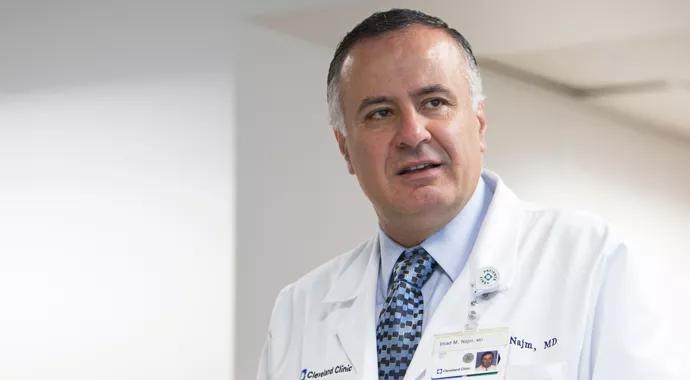
When it comes to epilepsy, many patients see primary care physicians (PCPs) and receive appropriate care. But sometimes, a patient needs to see a doctor who specializes in epilepsy treatment. That’s where the Cleveland Clinic Epilepsy Center can help. “There is a need for a thorough evaluation for suspected seizures,” says Imad Najm, MD, Director of the Epilepsy Center. “It is very appropriate for the PCP to decide there is need for further workup.”
Advertisement
Cleveland Clinic is a non-profit academic medical center. Advertising on our site helps support our mission. We do not endorse non-Cleveland Clinic products or services. Policy
When should PCPs refer patients to the epilepsy center?
If the PCP feels comfortable with the treatment, he or she can continue care. If there are any lesions on the brain shown on a high-resolution MRI, it is appropriate to refer the patient to a neurologist. If the patient does not respond to one or more appropriately chosen anti-epileptic medications, we can comfortably advise the PCP to recommend that the patient see an epilepsy specialist.
What does it mean if an anti-epileptic medication fails to control the patient’s seizures?
If a patient fails anti-epileptic medication(s), one possibility is that the patient may not have epilepsy. In these cases, the diagnosis of pseudo seizures or nonepileptic seizures may be made and an appropriate treatment protocol implemented. The second possibility is that the patient has epilepsy, but it is “pharmacoresistant.” The recommendation is for the patient to be admitted to the epilepsy monitoring unit (EMU), where valuable electroencephalography (EEG) and video/semiological data regarding the seizure(s) are acquired. This evaluation will accomplish a key goal: to confirm the diagnosis of epilepsy or rule it out. If an epilepsy diagnosis is confirmed, we next determine if the epilepsy is coming from a single, well-defined area of the brain. We find out if this patient has focal epilepsy that can be targeted with surgery. In such situations, surgery is effective for controlling seizures completely in 60 to 80 percent of the patients.
What can your patient expect during an initial visit?
Advertisement
During an initial evaluation, a detailed history is taken, including information regarding the type of feeling experienced before seizures (so-called auras) and what type of behavior is exhibited during a seizure. Any tests done (including MRI and EEG) to date will also be reviewed. Our multidisciplinary team will then meet in a group setting to map out the most appropriate treatment plan, considering both medical and surgical options.
What options are there for epilepsy that doesn’t respond to medications?
Today, we have more options than ever before. Sometimes, implanting a vagus nerve stimulation device helps control seizures — in particular, for patients who have seizures activity in areas that are too critical to functioning to risk surgery. Another possible and exciting option is switching patients (in particular children) to a ketogenic diet or a modified Atkins diet (high fat, low carbohydrate, adequate protein). About half of the patients on this diet have more than a 50 percent reduction in the number of seizures; 20 to 30 percent may have more than a 90 percent reduction in seizures. Less than 10 percent of patients on the ketogenic diet may have no seizures at all.
Photos ©Russell Lee
Advertisement
Advertisement

New study advances understanding of patient-defined goals
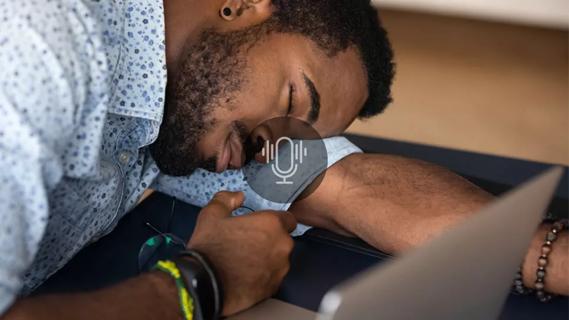
Testing options and therapies are expanding for this poorly understood sleep disorder
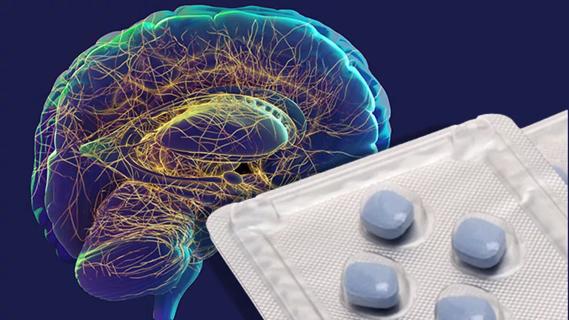
Real-world claims data and tissue culture studies set the stage for randomized clinical testing
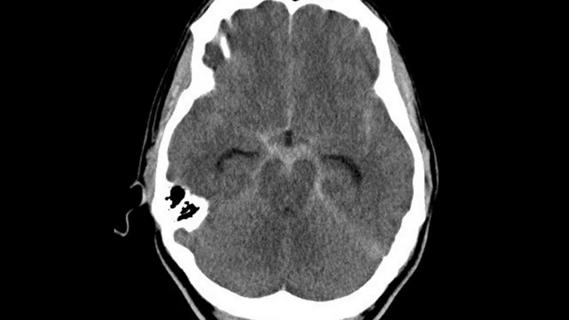
Digital subtraction angiography remains central to assessment of ‘benign’ PMSAH

Cleveland Clinic neuromuscular specialist shares insights on AI in his field and beyond
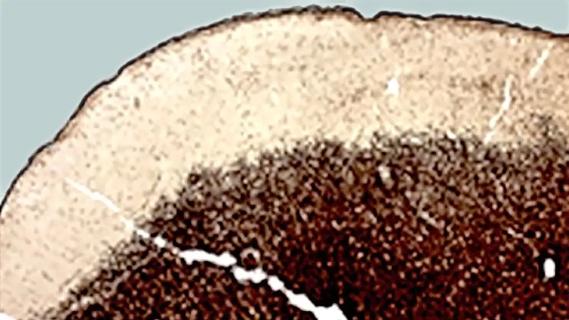
Findings challenge dogma that microglia are exclusively destructive regardless of location in brain
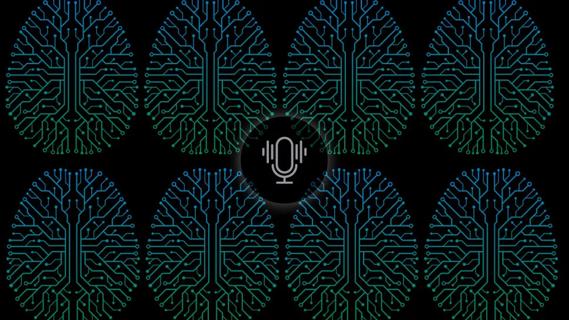
Neurology is especially well positioned for opportunities to enhance clinical care and medical training
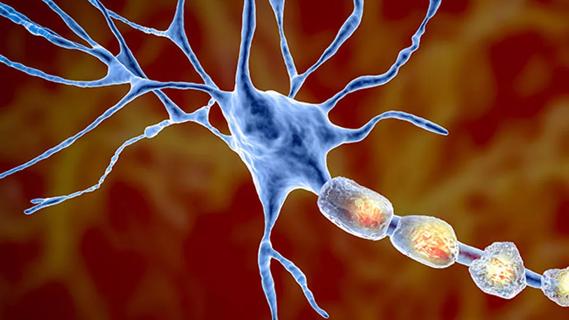
New review distills insights from studies over the past decade